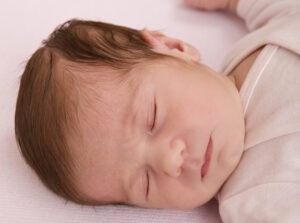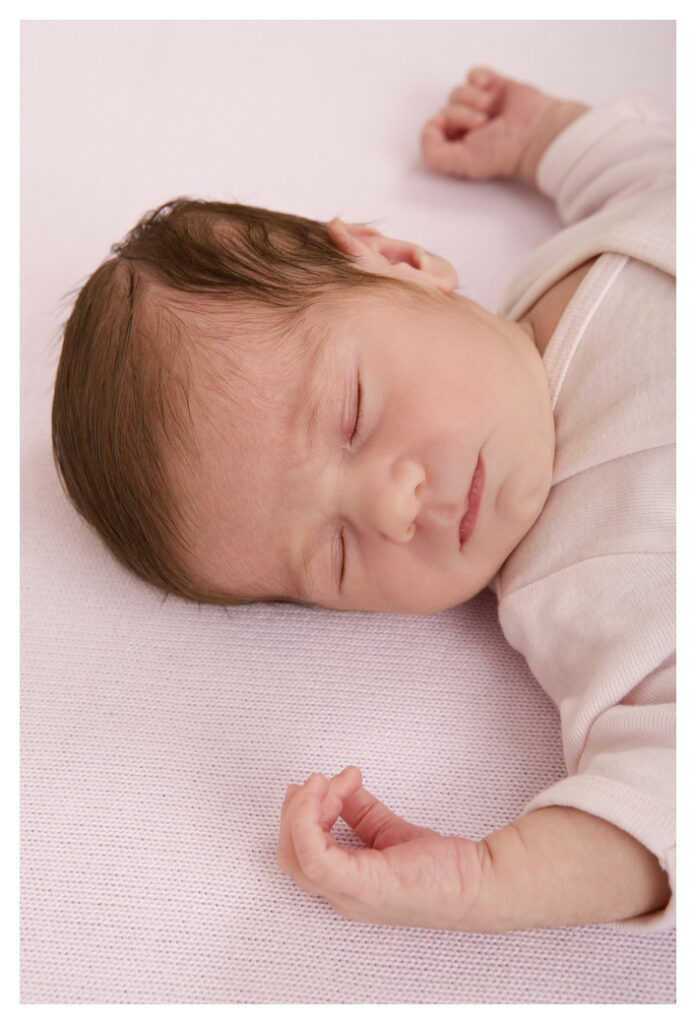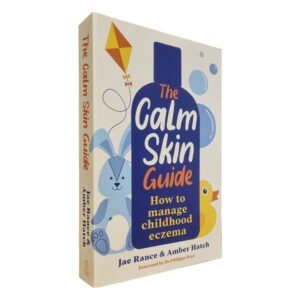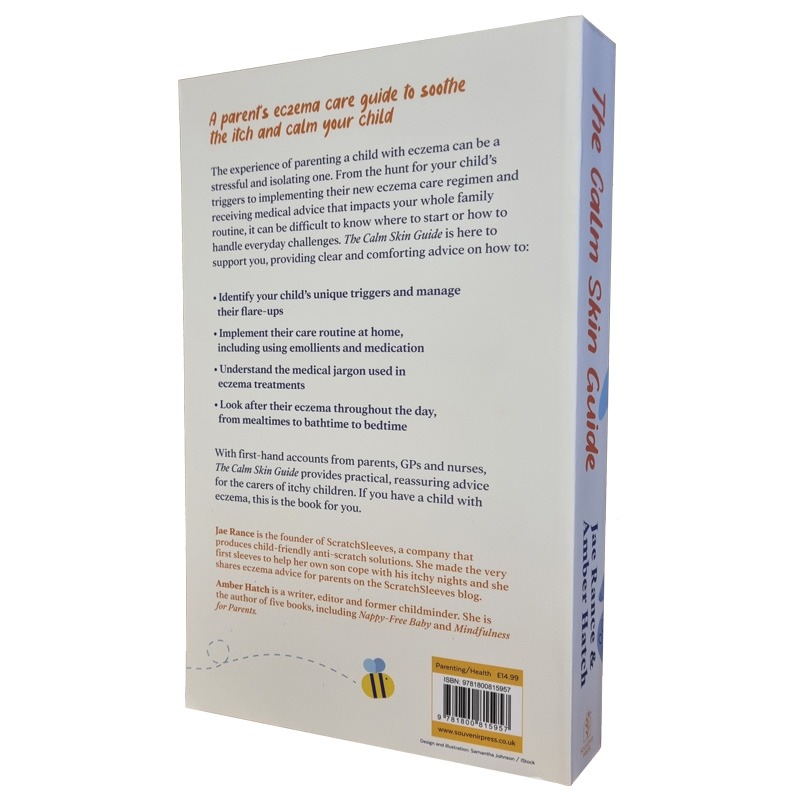Importance of sleep for eczema babies and toddlers



Recent studies have demonstrated the importance of sleep in the development of a child’s brain. But can be really difficult for itchy eczema babies and children so how can you ensure that your eczema child is getting enough sleep? Read our guide to teaching itchy babies and children to settle themselves and sleep.
Why does my child need lots of sleep?
All parents know that kids get grouchy when they are tired and appreciate when sleep is necessary. Recent research shows just how important sleep is in the longer term to the growing brain. A new study in the British Medical Journal reports a significant relationship between sleep and brain development in children and babies. The Millennium Cohort Study followed 11,000 children and the findings were similar to a 2008 Canadian study published in the journal Sleep. These studies showed that the majority of children who had irregular bedtimes up to age three years old were negatively affected with regards to maths skills, reading and spatial awareness, as well as experiencing language problems. In addition those who regularly had less than 10 hours sleep at night were more at risk of developing ADHD.
The studies concluded that the deep sleep which is prevalent in young children is linked to brain development. In contrast, REM sleep plays a major role in developing the visual parts of a developing brain. Other studies have shown that deep sleep encourages the production of cerebral proteins, vital for childhood brain development. So there is scientific proof that if a child is not getting enough sleep their brain will not get the chance to develop fully. It really is important to help your eczema child learn to sleep as well as possible.
If you can establish good sleep habits early not only will you be giving your eczema child the best possible start, but the whole family will benefit from getting enough sleep.

How can I develop my eczema baby’s sleeping skills?
Falling asleep can be difficult for an eczema baby as itchy skin can stop them from dropping off. This makes is all the more important that you help them learn how to relax enough to let sleep roll in.
Establishing a regular bedtime routine is fundamental in teaching a baby to sleep. Bedtime routines best started within 60-90 mins of a baby’s last nap of the day. The bedtime routine should be around 15-20 minutes in length and should be repeated every night. It could include a short, warm (not hot) bath with a cap of prescribed emollient (e.g. Dermol), singing a lullaby, massage, cuddling or reading a book. Books with flaps and textures are great for keeping little fingers out of mischief. The more you carry out the routine, the easier it will be for your baby to fall asleep. This routine can also be used in the 5-10 minutes before naptime. It will signal to them that it’s time to sleep.
Being aware of your baby’s wake windows and using these to guide when you put them down to sleep is also helpful. If your child is tired but hasn’t hit the adrenalin of their second wind they will find it much easier to drop off to sleep quickly.
Once a little one is tucked up safely in bed, leave them to drop off to sleep by themselves. The ability to self-settle will serve them (and you) well as they get older. Eczema babies often scratch as they are dozing and this can stop them falling asleep. Covering scratchy fingers with scratch mitts or ScratchSleeves will reduce the chance of scratching keeping your baby awake.
Learning to self-settle
All babies will wake in the night and it is so tempting to check on them as soon as you hear something. But if you can bring yourself to leave them for a minute or two before going in, they may well go back to sleep by themselves. Giving a baby time to self-settle can avoid waking them up further. This will help them to learn to go back to sleep by themselves. Don’t assume that if they are talking that they are actually awake. Our kids have always chatted and even shouted in their sleep.
If you are concerned about whether your eczema baby is scratching or truly distressed, you might consider getting video baby monitor. You can also use webcams and your smart phone or tablet. This allows you the peace of mind from checking that they are okay without needing to disturb them.
When you do go into your child, aim to meet but not exceed their needs. Keep the lights as dim as possible and do what you need do as quietly and efficiently as you can then leave them to sleep. Keep everything boring and try not to wake up you little one any further with extra interaction.
When our itchy little ones were small we would give them a couple of minutes before we went in the first time. Then, if we needed to go in again we would leave it a few minutes longer each time. They rarely got to more than eight minutes of grumbling before dropping off by themselves. But we do have very tolerant neighbours.
How much sleep does a baby need?
Babies and children require differing amounts of quality sleep. Here, we outline the average amount your child will need – depending on their age:
- Newborn babies of 1 to 2 months. 10.5 hours to 18 hours per day at irregular times. It is normal for babies to be very active during sleep. This includes twitching, making noise and suckling.
- Infants of 3 to 11 months. Most babies should be sleeping 9-12 hours per 24 hours. This included 1 to 4 naps in the day lasting anything from 30 mins to 2 hours
- Toddlers of 1 to 3 years. Should sleep for 12 – 14 hours in one go. However, it is fine to decrease naps to one or two a day by 18 months.
There are more top tips for helping an older itchy child to sleep in our post on ‘How to Get an Eczema Child to Sleep’ and ‘How to Build a Fun Bedtime Routine for an Eczema Child‘
Here at ScratchSleeves, we manufacture and sell our unique stay-on scratch mitts and PJs for itchy babies, toddlers and children. We now stock sizes from 0-adult years in a range of colours. For more information on comfortable bedtime clothes for your eczema baby please visit our webshop.
The Calm Skin Guide
Love our blog? It's also available in book format with:
- First hand accounts from parents & medical professionals
- Easy navigation
- Comprehensive index
- Additional material
Signed copies available at no extra cost
Written by:
Interesting article? Don't keep it to yourself...
Read next...
You may also find helpful...
Quick buy


Multi Buy Discount

Spend between £30 - £60 and save 5%
Spend between £60 - £120 and save 10%
Spend over £120 and save 15%
Discount automatically applied at checkout
No Quibbles Guarantee

ScratchSleeves abide by a no quibbles guarantee.
Free UK Postage

Free packing and postage on all UK orders. For overseas orders to Europe postage is from £3.50, to USA is £6.50 and to the rest of the world, from £3.75.






